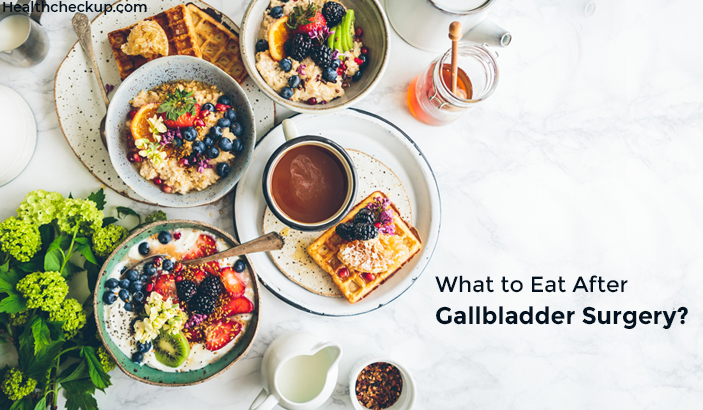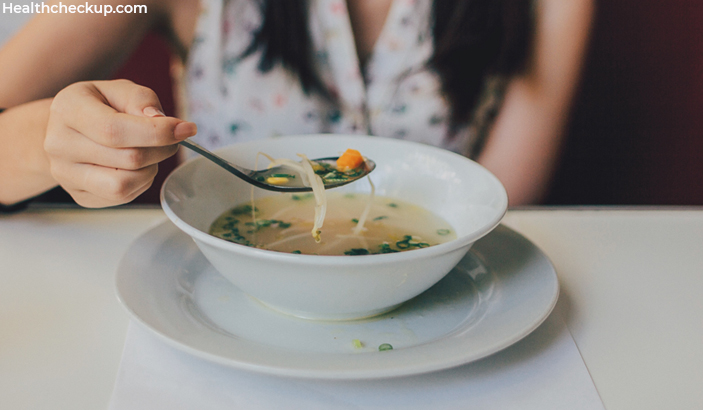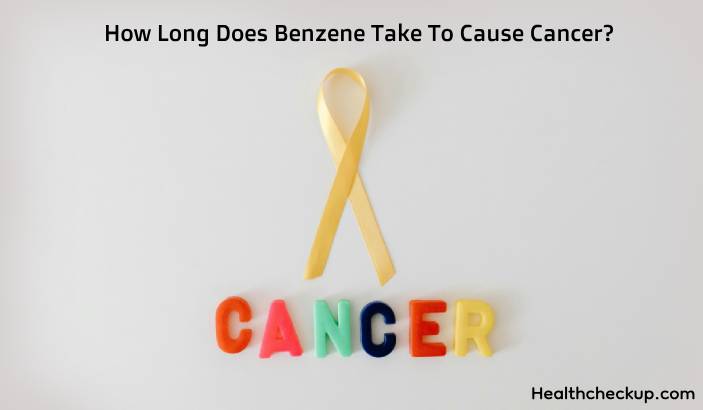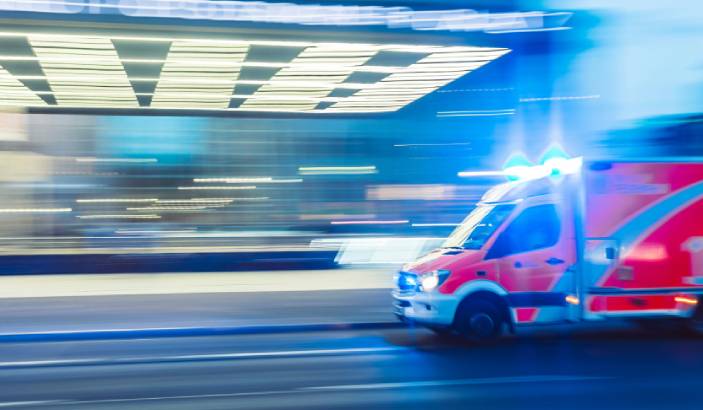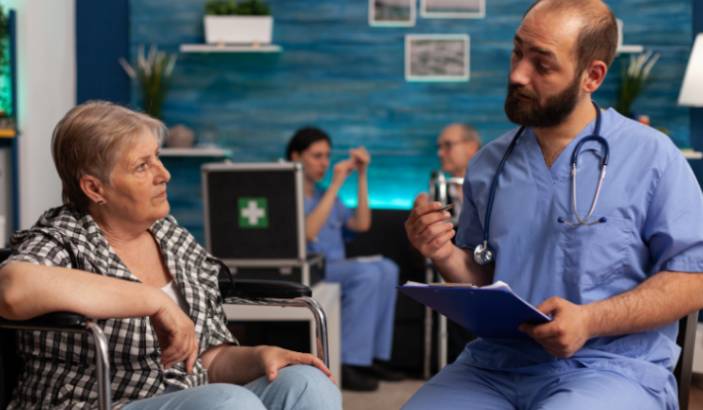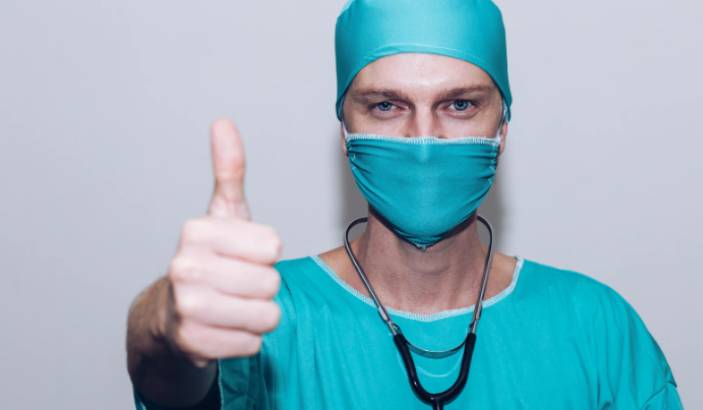For anybody who has undergone surgery, recovering from it can be physically and mentally tasking. Although illness may have been treated with surgery, proper rest, medications and following a good diet and regime play a greater role in helping the body recover from it.
This article will take you through what a gallbladder is, what happens after a gall bladder surgery and what kind of diet has to be followed after surgery.
What is A Gallbladder?
The gallbladder is a small sac-like structure present between two lobes of the liver. The primary function of the gallbladder is the storage of bile which is produced by the liver, metabolism, and absorption of fat. Within the gallbladder, the stored bile undergoes changes in pH, water and electrolyte content. It is important for cholesterol and lecithin to remain in solution to prevent the formation of gallstones.
When food passes into the intestine from the stomach, gallbladder contracts, and releases bile into the intestine through the cystic duct (a tube-like structure which carries bile out of the gallbladder).
Some Of The Commonest Clinical Conditions Of The Gall Bladder Are
- Cholelithiasis – It is also known as gallstones. Gallstones are solid crystal deposits which are formed by cholesterol, calcium and bile pigments within the gallbladder or the bile duct. Causes for gallstone formation include
- Excess cholesterol in the diet
- Disturbed cholesterol metabolism
- Excess calcium in bile
- Infection or damage to the gallbladder wall which hampers absorption of fats
- Obstruction to flow of bile from the gallbladder
- Cholecystitis – Meaning infection and inflammation of the gallbladder. This may be acute or chronic. The most common cause is obstruction of the cystic duct due to small or medium-sized gallstones.
- Benign and Malignant Tumors of the gallbladder.
In one or any of the above conditions, the treatment of choice is surgical removal of the gallbladder since it does not have much significance in the body.
[Read – Tests For Gallbladder Stones]
What To Eat After Gallbladder Surgery?
Once the gallbladder has been removed, the surgeon or doctor may advise complete rest for at least 2-3 days after surgery. Patients may be advised to resuming light work, lifting heavy objects is to be avoided for at least a month after surgery.
After surgery for gallbladder, some patients may still complain of upper right sided abdominal pain, cramping, dyspepsia, nausea and vomiting, and fever. These signs and symptoms are included under the term Post Cholecystectomy Syndrome.
It is also common for patients to experience diarrhea for at least a month after gallbladder removal surgery. This is because bile has a laxative effect when it is released directly into the intestine instead of passing through the gallbladder.
Severe signs and symptoms are an indication of complications following gall bladder surgery which must be evaluated and treated appropriately. Milder signs and symptoms, however, can be managed with proper counseling, rest and medications, along with dietary alterations which include
Soft Food
As soon as the patient is discharged to home from hospital, he/she should consume soft foods as they are easier to chew and digest such as bananas, rice, soups, broths, eggs or steamed meat. It is advisable to avoid introducing solid food in diet immediately after surgery.
Low-Fat Diet
As it is obvious from the description above, gallbladder has a certain amount of role to play in fat absorption and metabolism. Dietary fats consumed in large amounts may remain undigested and cause bloating, gas and diarrhea.
Healthy Fats
Completely avoiding fats in the diet is quite impossible and also not a healthy thing to do. There are some healthy fats options which can be included in the diet in small quantities. This includes food rich in omega-3 fatty acids such as coconut oil, olive oil, nuts like walnuts and almonds and seeds like chia seeds and flax seeds.
More Fiber
Include fresh fruits, vegetables, and salads and fibrous foods like barley and oats in the diet. Fiber normalizes intestinal motility. Consuming a large amount of fibrous food suddenly can cause bloating and so it is important to introduce fiber in diet gradually.
Generous Proteins
Since the gallbladder does not have any role in the digestion of proteins, these can be included in the diet. Non-vegetarians should make sure that the meat consumed is fat-free. Vegetarian sources include cottage cheese, green leafy vegetables, pulses, legumes, and lentils.
Well-Balanced Diet
A well-balanced diet should include equal proportions of proteins including lean and fat-free meat and eggs without the yolk, fresh fruits and vegetables and whole grains including legumes and pulses.
Meal Habits
Instead of consuming three large meals, distribute your food into 4-5 smaller meals throughout the day. This eases the process of digestion and metabolism and also controls blood sugars up to a great extent.
Exercise Regularly
It is a good option to take up some low-intensity exercise which can be gradually increased. Exercising regularly keeps up the body’s metabolism and helps in burning excess calories.
There are also certain foods which patients should avoid or completely eliminate from diet after a gallbladder surgery such as
- Caffeine and caffeine-containing drinks like tea, coffee, energy drinks, and energy bars
- Alcohol and Aerated drinks
- Excess sweets
- Fatty meats
- Dairy products
- Bakery foods like cakes, pastries, and cookies
- Foods which are oily, fried or contain too much of cheese or butter
- Vegetable oils used rampantly in India including soybean oil, sunflower oil, canola oil, corn oil
- Salad dressings and mayonnaise
- Packed and processed foods like chips, chocolates, ready-to-cook foods available at grocery stores. Opt for food cooked with fresh vegetables instead
The above mentioned dietary advises not meant only to recover well from gallbladder surgery, they also help in maintaining general health, less trouble to your digestive system and a slimmer waistline by avoiding certain foods and consuming a balanced diet to further prevent long-term health-related complaints.
Dr. Himanshi is a Homoeopathic consultant and currently working as a lecturer in Post-graduate faculty of Homeopathy, Parul University, Vadodara. Completed BHMS and MD in Homeopathy in January 2018 and also has a clinical experience of about 6 years. Personal interests include reading, spending time with family and traveling.


